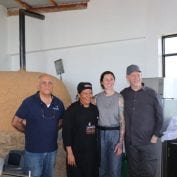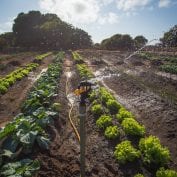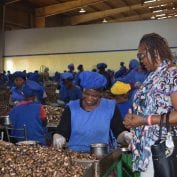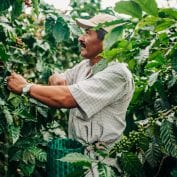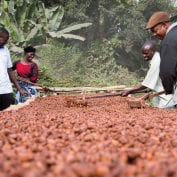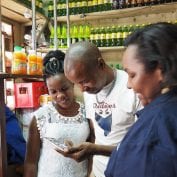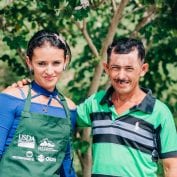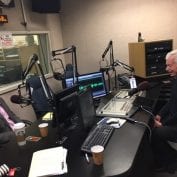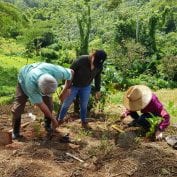“Passionate about Helping People”: Q&A with Victor Ganoza
After 12 years with TechnoServe, Victor Ganoza, country director in Peru, will be retiring next month. We sat down with him to reflect on his time with the organization, the biggest challenges he has faced along the way, and what has been the most rewarding part of his work.



